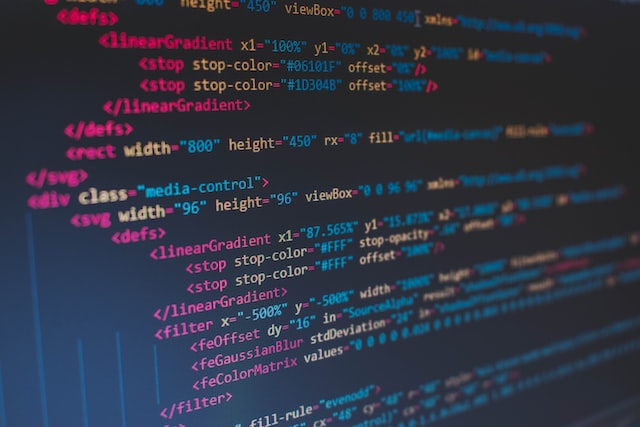Being hacked is something we all can fall victim to. From some of the biggest companies in the world to you, scrolling on your phones – we are all vulnerable to cyberattacks.
Hacking has evolved over the decades, but the aim tends to be the same – cause disruption and make money. As much money as possible. In this article, we’re going to look at:
- Some of the most notorious hacks in the world;
- How they were able to happen;
- What you can do to protect yourself from hackers.
The five biggest hacks in the world
The impact of a hack can be far-reaching. Sometimes it’ll cost a company huge sums of money to pay a hacker to undo their work; other times, lots of people can be affected by one nasty piece of software. Our list covers hacks of different types and impacts.

Most real-world disruption
Unless you’re in the oil and gas industry, you probably hadn’t heard of Colonial Pipeline until May 2021.
In a hack of one of the most important oil supply lines in North America, over 100GB of data was stolen. The hackers demanded millions of dollars in return for the data they had taken.
With the data gone, there were fuel shortages across the east coast of the USA. President Biden even went as far as declaring a state of emergency – the effects were felt by the government, the pipeline operators, and normal people all across the States.
While we don’t know how Colonial was able to retrieve the data, we do know it all came down to one hacked password. A former employee had their password stolen on the dark web, and the supply of oil in the US was put at risk.
Most valuable hack
The story of Silk Road is an internet fable nowadays. Back in the early days of the internet, Silk Road was a site where anything illegal could be brought and sold.
The site was brought down after a long federal investigation. This wasn’t before one of the biggest hacks in financial terms the world has ever seen.
Hacker James Zhong set up a string of fake Silk Road accounts and used an algorithm to steal funds from the company by transferring Bitcoin into his personal wallets. He managed to get away with 50,676 BTC.
Back then, it wasn’t a whole lot of cash. Yet when the FBI tracked down Zhong and the missing cryptocurrency, it was worth a staggering $3.36 billion. Yes, billion.
Most normal people affected
Hacks and ransom demands can feel very remote from most normal people. However, there are hacks that can affect even the most normal of internet users.
If you had a Yahoo account in 2013, it’s likely you were a victim of one of the biggest hacks by sheer numbers ever encountered. 3 billion Yahoo accounts were compromised, with data stolen including:
- Email addresses;
- Passwords;
- Security questions.
The culprits were believed to be linked to the Russian government, but little is known about how the hack actually happened. What is known is that Yahoo was forced to pay out $117.5 million to victims of the hack.
Worst DDoS attack
A distributed denial of service or DDoS attack is where a hacker tries to bring down a website by overwhelming it with requests. Bots can be built to send millions of requests to access a website, causing it to crash for everyone.
This is exactly what happened to Spamhaus in 2013. At the time, it was the biggest DDoS attack recorded, with 75Gbps of attack traffic generated.
Spamhaus filters huge chunks of email spam on behalf of email servers every day. Being able to bring the site down led to millions of fake emails that could have caused much deeper issues.
Most major businesses impacted
Every business has to be vigilant for hackers trying to compromise their systems. Sometimes, a hack comes along that gets into multiple businesses all at once.
NotPetya was a malware attack that started in June 2017. It’s believed to have been launched by Russia against Ukraine, but it ended up having a global reach.
What made NotPetya so destructive is that it wasn’t actually built with a decryption key – once your systems were infected, there was nowhere to send a ransom payment to. It’s estimated that this hack cost a total of $10 billion in damage and infiltrated companies like:
- Merck;
- Cadburys;
- TNT;
How to protect yourself from hackers
You may not be affected by hacks on this scale, but your computer, phone, and data are still all vulnerable to people with ill intent. Here are our top three ways you can keep yourself safe from hackers:
- Get a VPN app downloaded and installed on your devices. This will encrypt the data you send and receive, which is particularly useful when you use public WiFi networks.
- Do regular system updates. Phone, tablet, and computer software companies work hard to find potential hacks and fix them with updates before anything bad happens.
- Use strong passwords and change them often. You want to make sure a hacker won’t break into your banking, emails, and other personal data by being password-savvy.
Hackers stealing your data can be a big problem, so you need to take steps to prevent it. You may not have a continental pipeline or an anti-spam network to protect, but your data is still valuable and needs to be protected.



